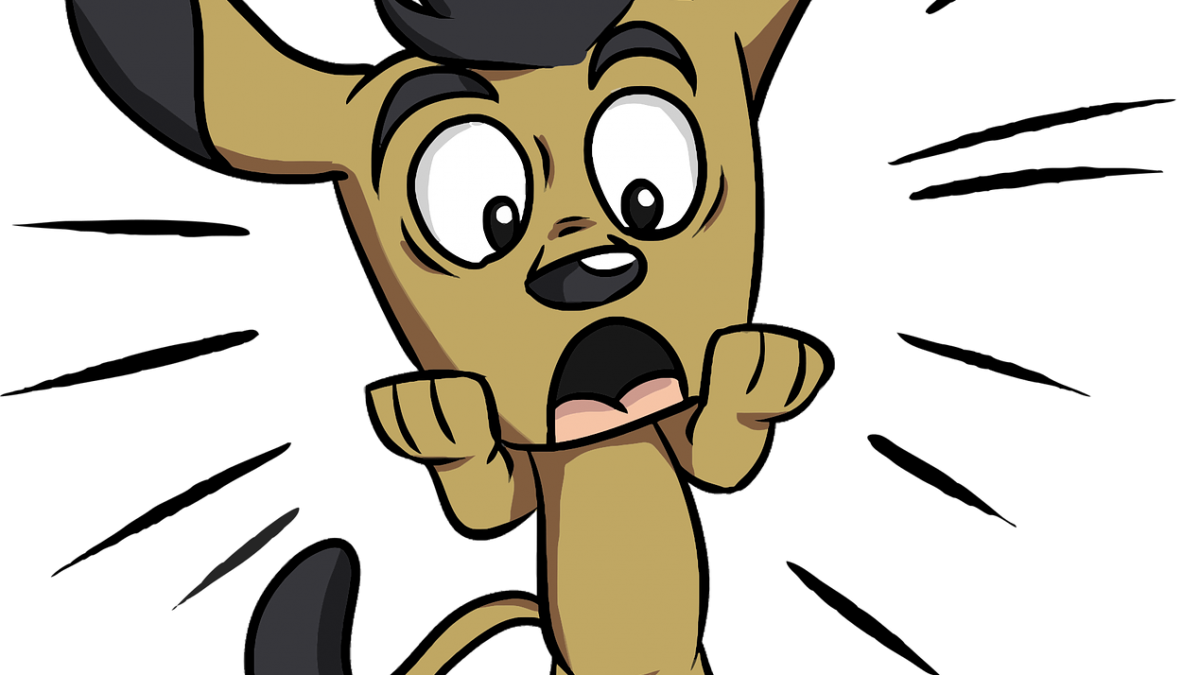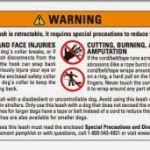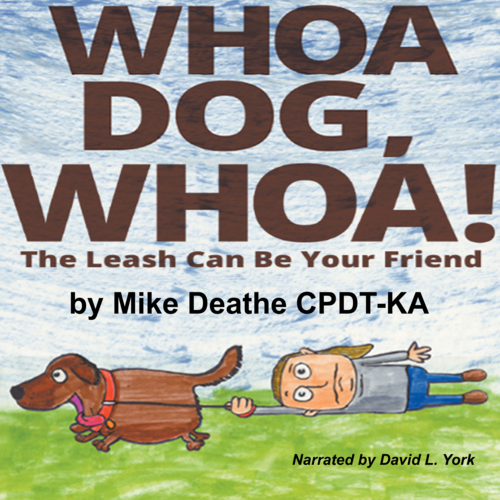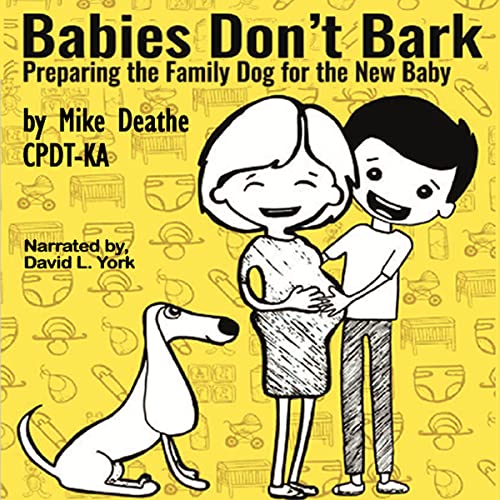Fear Periods and Socialization
 OK, this is a pretty darn important topic… Fear periods! What are they? When do they happen? What does it mean to you and your pup and why are there so many things we see in articles with different, names, time ranges and even descriptions? Well I think it is two basic reasons
OK, this is a pretty darn important topic… Fear periods! What are they? When do they happen? What does it mean to you and your pup and why are there so many things we see in articles with different, names, time ranges and even descriptions? Well I think it is two basic reasons
- As research continues to improve in dog intelligence, we keep adjusting and fine tuning the specifics (a topic that I think for the average dog owner, hurts not helps)
- People describe things differently and sometimes like to use big words to bring what I think, they think, is more credibility…
So, I am going to take a little bit different angle here… I am going to oversimplify the topic and talk in everyday terminology and even point our how most of the talk around canine developmental periods and yes even fear periods are at best generalizations and guidelines…
Every dog is different, and each owner is different, and we could even argue the environments of each dog is going through are all different… And all of this adds up to no one being able to pinpoint any of these time-frames/periods specifically. What we can do, is help you through the process and what to look for and to do and not do….
Let’s start off with the Developmental Stages of a dog: (even on this you will find different terms, times and descriptions) but this is my blog so here are my 2 cents for names and general time frames
- Neonatal 0-2 weeks
- Transitional 2-4 weeks
- Socialization 4 weeks to 4 months
- Juvenile 4 months to 6 months
- Adolescent 6 months to 24 months
- Adult over 24 months
Now let’s be real, each of these could, will and should overlap to the one before and the one after. All sorts of things you can, and cannot control will affect this stuff, but there are definite periods you the dog owner can affect and some you can’t…
Let’s face it the neonatal and transitional periods should be before you get the dog! They are up to your breeder or to chance if the dog is a rescue! This brings up another important distinction to make. The idea of Nature and Nurture:
- Nature: The biology, genetics and all the other stuff that you have no control over! This is where is gets complicated…While the breeder and/or rescue or even environment of lets say a stray dog who has puppies, I feel falls into the nature side of the equation (from the stand point of what you can affect) many would consider environment nurture) So for this article I chose the distinction by what you can affect…
- Nurture: What you as a pet parent can do to affect your puppy’s upbringing and environment! And from the above list of developmental stages it falls right in the middle of the socialization period! In most cases you can only affect the last half of that stage!
- This is where a good puppy socialization check list come in handy… Here is a link to mine
Dog Training Tip:
Getting a dog before the age of 8 weeks is not a good Idea the longer the dog can stay with their mamma and with a human family focusing on socialization is best! But what if the dog is a stray or if their mamma is not part of the picture, or the family is not doing the right things? Again, we are at that point where this conversation becomes making the best of a bad situation and we might have to go a different direction! (See how this topic is just a set of rules with each having multiple exceptions) ….
So, now we come to the idea of fear periods… What are they? I describe them as everyday normal things that out of the blue seem to freak out our dog! In some cases they are normal things that your dog has been ok with up till now, and again in some cases it will something totally new to the dog… OK I know I promised but there is a fancy term that needs to be covered: Neophobia, and it basically means fear of new or different things… With animals or people for that matter not fearing new things (at least until they become normal, everyday or even fun/rewarding to experience) can be downright dangerous! This is an important part of fear periods/socialization conversation with a puppy.
There are two main fear periods (these are time frames not specific moments in time) … Meaning there can be many fearful moments in two different periods in a puppy’s development
- Somewhere around 8-10 weeks
- Somewhere around 6-18 months
So, what does this mean? It is normal for a puppy to freeze, be fearful, bark or freak out over strange, new or weird stuff! And what is comes down to is how we deal with these moments. Our job is to normalize, desensitize and make the world a safe and rewarding environment to trust… Think of it this way, your job is to reward Fido for being brave, rather than force things on the dog and making the association scary… Let’s take a common situation, fear of men!
Let’s face it the scariest thing to a pup is a man, second scariest is a child and women typically are not as scary (they tend to be more motherly and get what I am about to explain) But again this is a generalization and can get us into to trouble if we just assume it as a hard fast rule…
There are two ways to do this; chase the dog around the house with a cookie and plead with the dog that you want to be their friend or just sit down with a bowl of yummy treats and wait… One of these examples give the dog a reason to run, be scared and mistrust men for not being able to respect the dogs fear and the other rewards the dog for building up the courage to approach (even if only a tiny bit) and be rewarded and learn men can read their body language and respect it!
Are you starting to see how the critical nature of this topic is how we the human react to the fear period, not the actual fear period itself? Now the idea is from the age of 8-10 week to about the age of 1 ½ years of age is to show your pooch the world is safe and fun and connected to lots of fun toys, treats and kind words. It is as much about exploring the world outside of the home as inside the home and getting out and experiencing that world… But many folks never leave the house with the dog, go for car rides, visit the vet or go to the park as normal everyday life, to those people these trips are the exception not the norm and wonder why they have skittish dogs? Or even worse they see these fearful reactions and just assume it will go away on it own! With some dogs it might but with others it will not.
This brings me to my final point on this long and winding topic. You can do everything right and still end up with a fearful dog. Remember it is all about both Nature and Nurture and you can do everything right nurture wise and still have the biological/genetic wiring for a fearful dog! However you can make what might have been a very fearful dog only a mildly fearful dog because you frequently and consistently taught them that the world while scary is livable and that you are the anchor of safety when the world gets scary. Like I said every dog is different and each case will be different!
I lied one more thought… If you are noticing fear reactions and can’t seem to get back on track. Stop immediately and call your vet and get hooked up with a trainer that specializes in fear… As we have discussed this is a pretty tight window time wise to affect or change and if you get stubborn, lazy or just convince yourself you don’t have time to deal with it. The results could be far worse than if you just knuckle down and work with some folks who have seen and worked with dogs like this before!
Related Posts
Search Blogs
Most Popular Posts
K.I.S.S. Dog Training proudly serves the Kansas City Metro, Overland Park and Surrounding Areas. 40 miles, 20 miles each way from Shawnee, KS is included for In-Home Sessions... Over that mileage is an additional charge of $1.00 per mile... Call with Questions
Contact Us Today!
K.I.S.S. Dog Training
Shawnee, Kansas
(913) 269-7595







